How is Hollywood’s misrepresentation of high school impacting us?
The entertainment industry has a tendency of misrepresenting high schoolers in movies and television shows.
Growing up, I couldn’t wait to get to high school. Movies and television shows made high school look so appealing, with the lavish lifestyles, excessive socializing, lack of schoolwork and the fact that everyone on screen looked a decade older than me. It’s no secret that the media portrays high school unrealistically and ignores much of what it actually entails, but at what point do we draw a line?
One of the biggest comparisons to how high school is depicted in the media and reality is the time students commit to their academic and social life. In the media, high schoolers spend an abnormal amount of time socializing. In reality, the average high school student has limited free time due to studying, extracurriculars and part-time jobs, with only weekends reserved for socializing and inevitably, more studying.
Riverdale, among other shows, sets unrealistic examples of what teenagers do in their free time, as it follows a group of high school students as they face the plight of murders, mobs, magic and most recently, a multiverse. In Gossip Girl, the teenagers are never seen actually doing school work, yet they get into elite colleges like Dartmouth and Yale. Gilmore Girls manages to include some of the more academic parts of high school, yet the main character, Rory, still seems to have an inordinate amount of spare time. In HBO’s Euphoria, it’s easy to forget the characters are supposed to only be 17; as the show depicts their complicated, dismal lives through explicit nudity, hard drugs, alcohol and graphic violence.
Some make the argument that Euphoria has been productive in spreading awareness of the adversities that modern teenagers face; however, through the midst of seductive cinematography and a great soundtrack, I find the show’s line between depicting an accurate portrayal of these issues and glamorization of them slightly blurry. The Drug Abuse Resistance Education program, more commonly known as D.A.R.E, has criticized Euphoria for incorrectly depicting and glorifying destructive behaviors such as drug use, addiction and violence that is common and prevalent in today’s society. While I applaud Euphoria for tackling such dull, often stigmatized subjects as substance abuse and mental health, I agree with D.A.R.E. By labeling Euphoria as a high school show, this draws in younger viewers who might misunderstand the show and face detriment by watching it.
Personally, I find this narrative to be extremely toxic, as it leads a lot of students to believe that their friends are limited to their cliques.
Younger viewers are those who are most vulnerable to Hollywood’s representation of high schoolers. Casting older actors to play high schoolers, a frequent practice in Hollywood, provides unrealistic examples of a typical student’s appearance, which can lead to body image issues.
With that being said, in recent years the representation of high schoolers in the media has improved, but only slightly. For example, Netflix’s To All The Boys I’ve Loved Before does well with illustrating the diversity found within most schools, however still manages to misrepresent high school in their portrayal of the “social hierarchy.” High School Musical is a victim of this, with one of the film’s underlying themes being “stick to the status quo.” This is a recurrent issue in high school films, as they tend to categorize students based on cliques, embedding the idea that interactions between these cliques don’t exist, which in reality, is false. Personally, I find this narrative to be extremely toxic, as it leads a lot of students to believe that their friends are limited to their cliques. In real-life, lines between cliques are blurred, and every individual student isn’t limited to their specific friend group.
I understand that the point of these shows and movies is to entertain us, however, the media has room for improvement in their representation of high school. Ultimately, high school isn’t just socializing, and the media needs to acknowledge more of the academic aspects of high school in order to provide a more practical illustration to future generations.




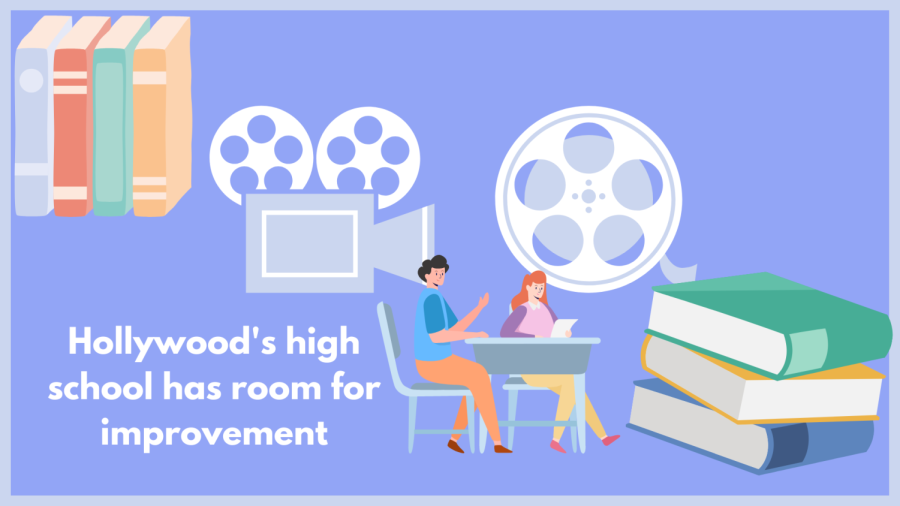
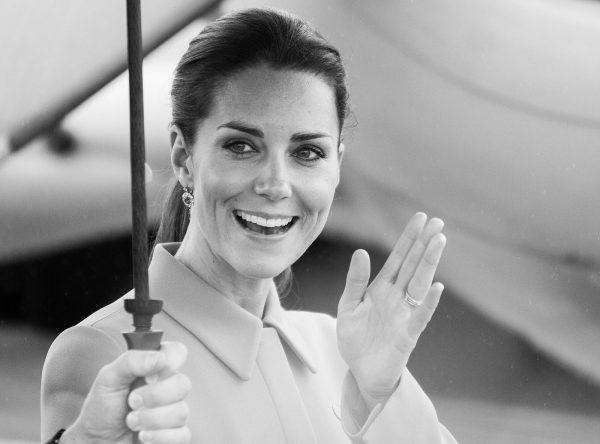


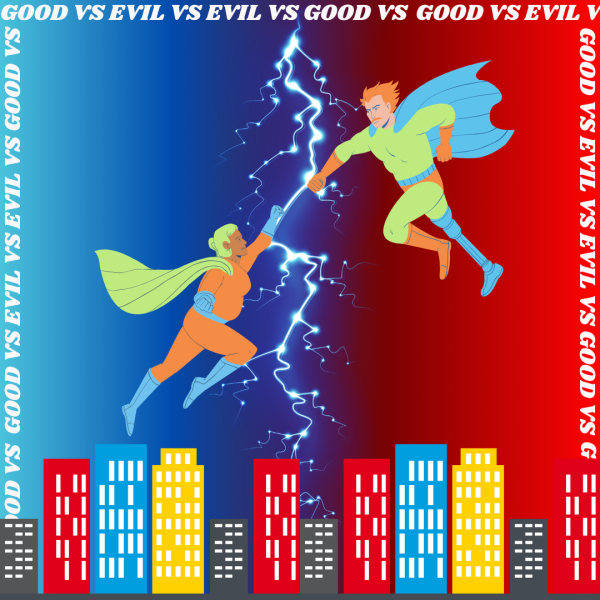



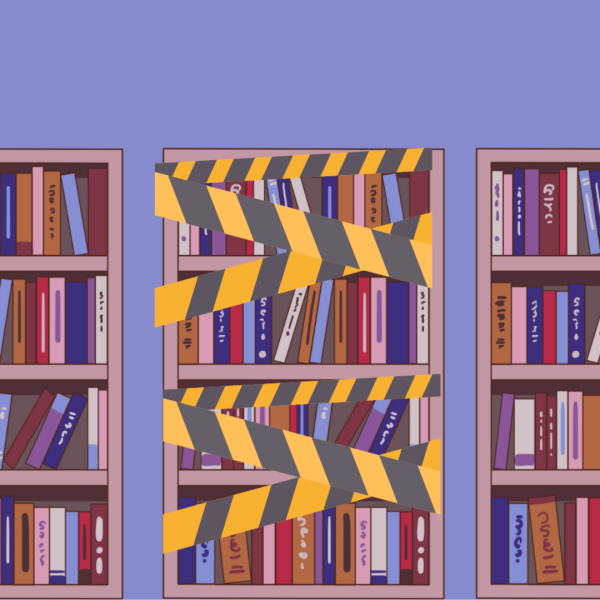

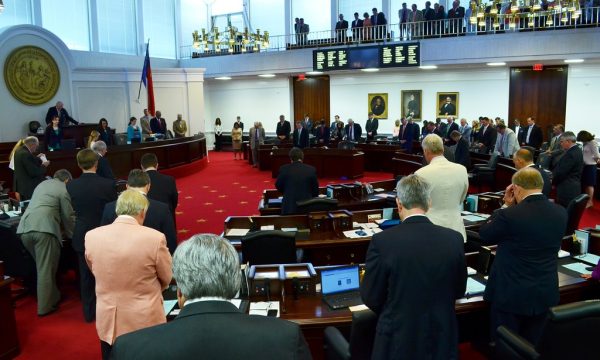
Nicholas Thomas-Brown • Apr 15, 2023 at 8:31 am
This is a wonderfully written piece. While I sympathise with its message, it wasn’t that long ago that I was in high school (I’m 24), and to be honest, I explicitly recall laughing with my friends at how abysmally unrealistic Hollywood’s portrayal of high school can be. Nobody I knew was under some delusion that high school was, or ought to be, the way it is depicted in cinematographic media. Thus, I rather feel young people aren’t nearly so foolish as this article seems to make us out to be. In the end, I guess the most charitable thing I can say is that I was around a lot more civilized, intelligent, and commonsense-minded teenagers than was the author in her youth.